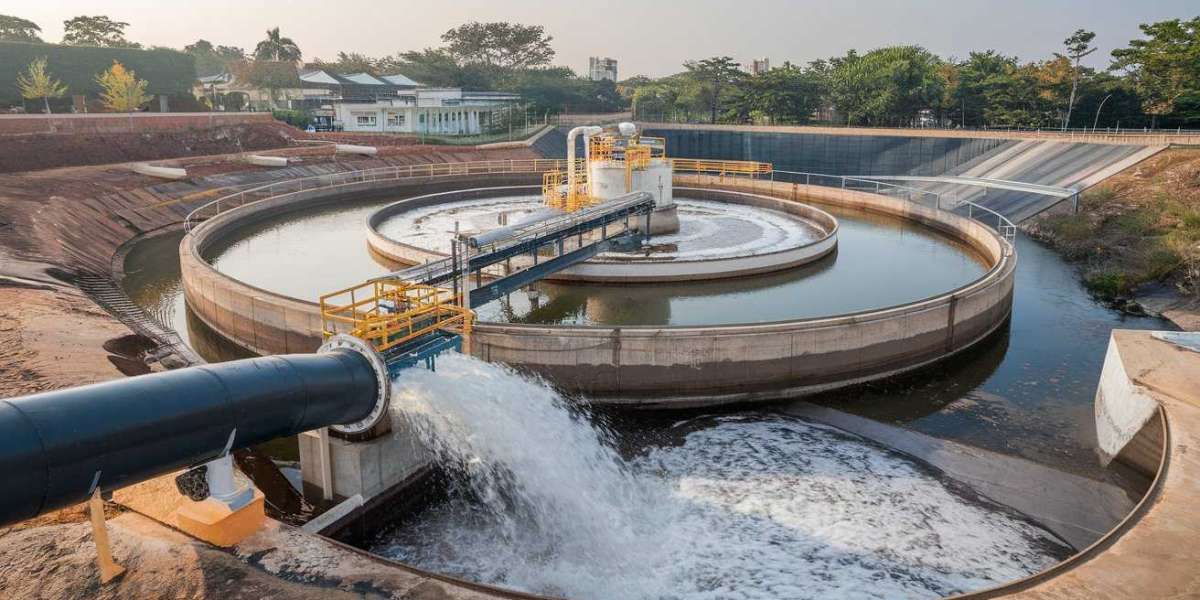Water is one of the most valuable resources on Earth, yet its management poses challenges that demand sustainable solutions. As climate change intensifies and global populations grow, the need for efficient, responsible water resource management has never been more critical. Sustainability practices in this field focus on conservation, innovative technology, and strategic policy-making to ensure water security for future generations.
The Importance of Sustainable Water Management
Water scarcity affects millions worldwide, and poor management can lead to severe environmental and economic consequences. Sustainable water management aims to reduce waste, improve efficiency, and protect ecosystems. A balance between consumption and replenishment is crucial for maintaining long-term water availability.
Technological Innovations for Water Sustainability
Advancements in technology have transformed the way we monitor and manage water resources. Smart systems, IoT devices, and AI-driven analytics help optimize water usage, detect leaks, and predict shortages before they become crises. One such technological advancement is remote water level monitoring, which provides real-time data on water bodies, reservoirs, and underground sources, ensuring proactive decision-making for resource allocation.
Eco-Friendly Water Conservation Strategies
Rainwater Harvesting – Capturing and storing rainwater reduces reliance on traditional water sources and helps recharge groundwater levels.
Greywater Recycling – Reusing household wastewater for non-potable purposes, such as irrigation and flushing, minimizes water wastage.
Drip Irrigation Systems – Precision irrigation techniques reduce water usage while maximizing crop yield and soil health.
Green Infrastructure – Constructing wetlands and permeable pavements enhances water absorption and reduces runoff contamination.
Policy and Governance in Sustainable Water Management
Government policies play a crucial role in ensuring effective water management. Regulations on industrial waste disposal, water pricing, and conservation incentives promote responsible water usage. Public-private partnerships also contribute to the development of sustainable water systems.
Community Involvement and Education
Educating communities about water conservation fosters collective responsibility. Grassroots initiatives, local conservation programs, and digital awareness campaigns encourage individuals to adopt sustainable practices in daily life.
Future Trends in Water Resource Sustainability
The future of water management will be shaped by advancements in smart technology, increased investments in water treatment infrastructure, and global cooperation on conservation policies. The integration of AI and big data analytics will enhance predictive capabilities, making water distribution more efficient and sustainable.
Conclusion
Sustainability in water resource management is essential for the health of our planet and its inhabitants. Through the implementation of innovative technologies, eco-friendly practices, and supportive policies, we can create a future where water remains a sustainable and accessible resource for all.




